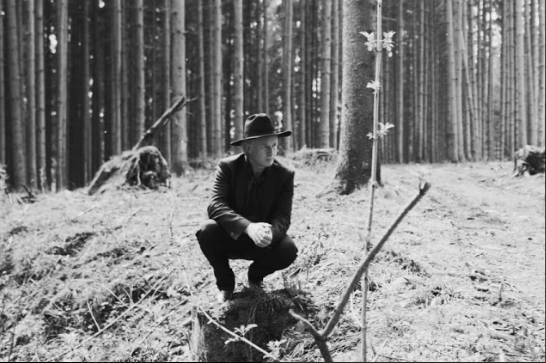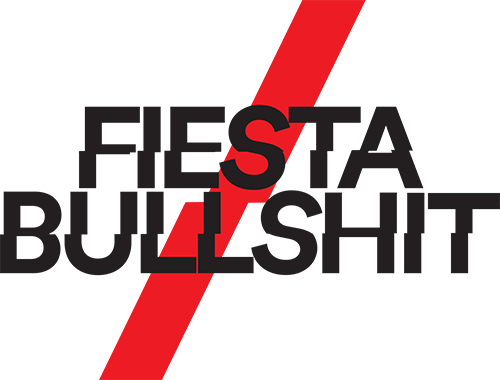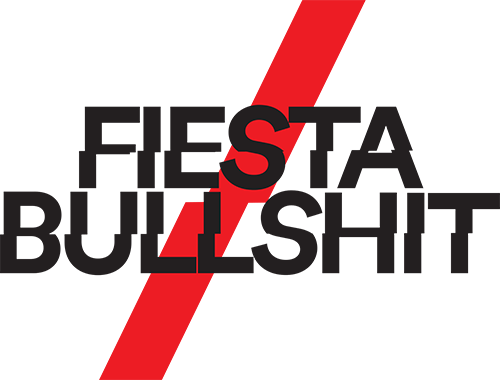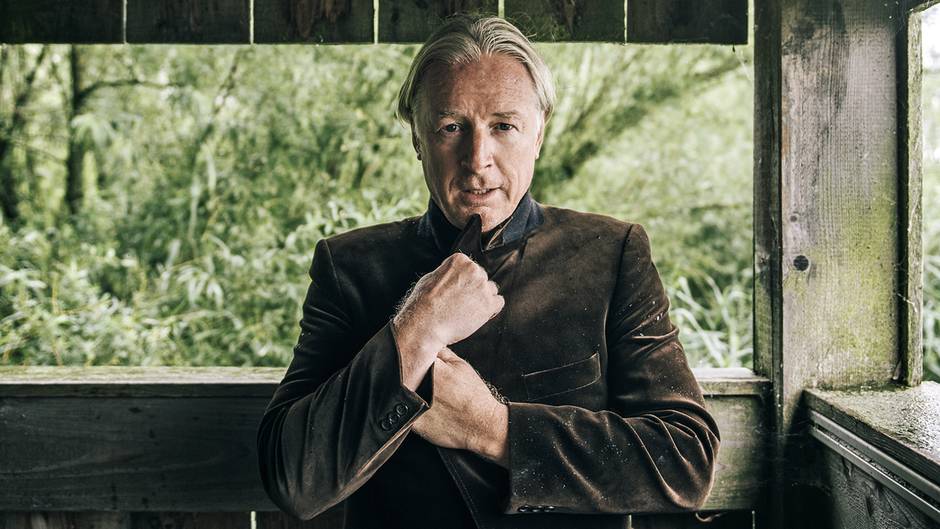INTERVIEW WITH DJ HELL
Hello Helmut, Hello DJ Hell. Nice to have you with us. You are a legend, but one that is still very involved in electronic music. We are very happy to have you with us.
What was electronic music like in the 60’s? Who were you following, or who
would you compare your sound with?
I was born in the 60s, so electronic music was just getting going and it was all more avant-garde and experimental. Producers and musicians had to find out how to deal with electronic equipment. Kraftwerk was the first band that totally fascinated me, their music was unheard of and new and it had a romantic touch that sounded very life changing. The 80s was the decade when lots of new music was defined and people were looking for something new and fresh. DJ culture was very different.
What was the main purpose of making this music, since we can suppose there was little chance of it even selling?
I was fascinated by house music in the mid-80s, and when the first acid tracks came out,
there was no way back. For me, music was never about selling or becoming famous. For me, it was more like finding my own way of doing it and finding my own musical identity in order to put all my DNA into it.

Is there a year when you started thinking of yourself as a DJ? In which club did you start to develop in the booth?
In the late 70s, I got a residency in local clubs around Munich, and from there more offers came in. I played nearly every day in a different club back then.
Dance music i.e. house and techno was mainly played inside clubs; there were no festivals for them. Very slowly, there were people getting involved to help you with the bookings and travel and contracts, so I could focus on music and producing. Later, I started my own label called International Deejay Gigolo Records.
You were the founder of International Deejay Gigolo Records. What do you think your label meant for the development of the club scene in Germany?
For Germany and Europe, it was the biggest impact you can imagine. The first year, 1996, I Said, “We only do vinyl and no promotion at all”.
The second year, I started cooperating with press and promo teams in Berlin, London, Paris, Barcelona and NYC. From that moment on, there was massive hype and I thought, “We need to give it a name that people can grasp what’s happening and understand what Gigolo was doing. Electroclash was born and not only the club world, but also the art and fashion world jumped onto this movement. Now we have had around 340 releases over the years and we are still doing what we do.
How many big names have been made with International Deejay Gigolo Records? Is there a lot of material still to be released? Will that ever come to light?
Lots of new artists are singed like Alex Bau or Federico Leocata, Josh Coffee or Ken x traum. I will present them at different Gigolo nights soon. My 90s analogue tunes will be released in a digital format for the first time and I have more than 42 tracks that most people don’t know from my early days of techno and rave productions.
As a person who has been in the industry for so many years, what advice would you give to a teenager who wants to dedicate themselves to music? Tell them something you would have liked to hear at the beginning.
I was always listening to the masters, to the great DJs like Jeff Mills or Derrick May—I was watching them play and performing, so that I could learn and get better.
Later on, I got a great compliment from Derrick when he said that I was ‘the blackest’ white DJ he had ever heard.
You were one of our guests during Sonar in Barcelona. What did you think of the city compared to other years?
More attention than ever; Sonar has become one of the biggest electronic music festivals in the world. There is also a so-called ‘off-week Sonar’ where lots of labels showcase their work.
What do you think you still have to do in music? Is there something you haven’t done that you want to do? What’s your next project?
When you are a musician or a producer or a DJ or label owner, there is no question of stopping what you do or doing something different or retiring. Jazz musicians become masters of what they do when they get older. DJs are scientists and they get better with more experience and travelling all over the world playing in front of different nationalities. I try to break new ground and experiment with different people and musical genres.
THANK YOU, DJ HELL!


